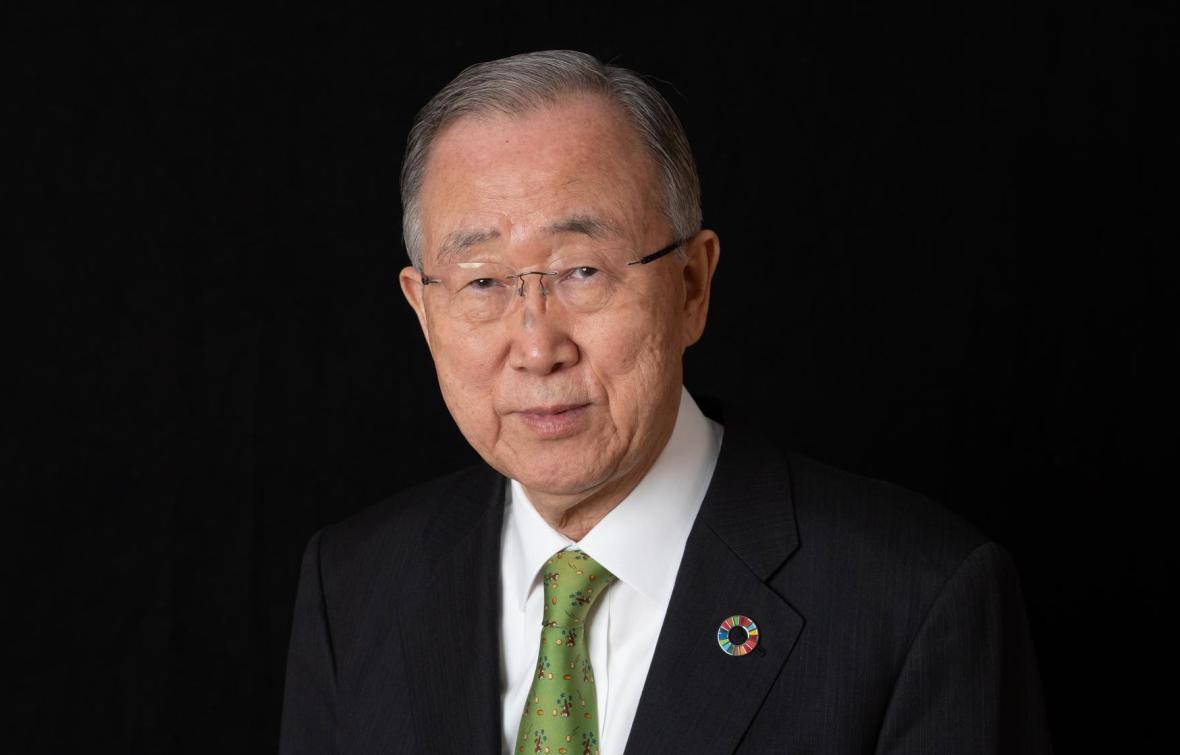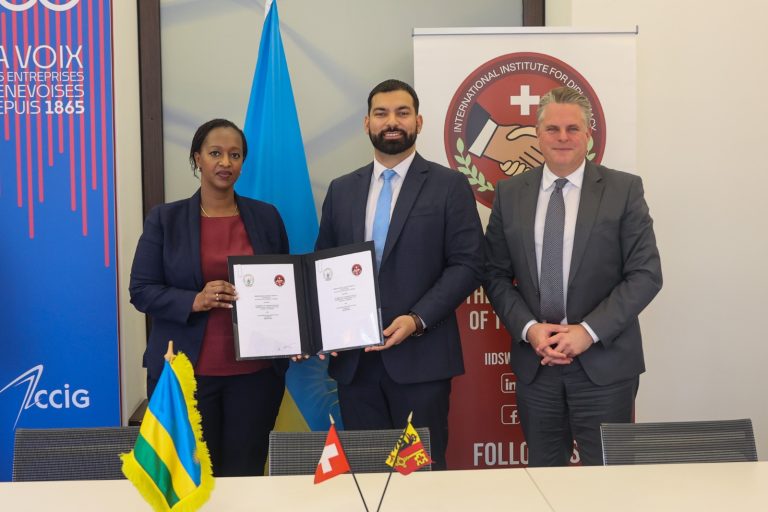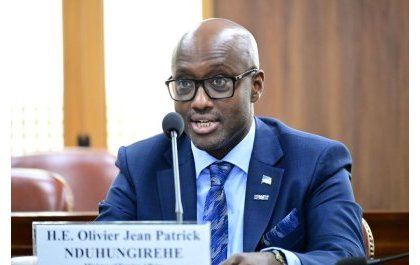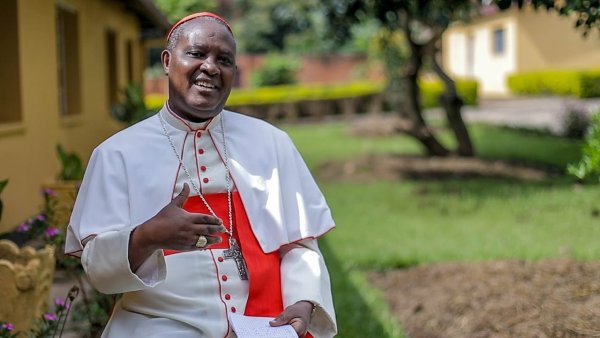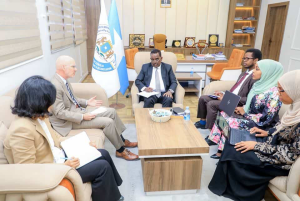As he prepares to step down from his role as Deputy Chair of The Elders and assume the title of Elder Emeritus, former UN Secretary-General Ban Ki-moon shared a heartfelt reflection on the United Nations’ eight-decade legacy and the urgent need for reforms to ensure it remains effective and relevant in today’s world.
In his personal message, Ban recounts how the UN played a pivotal role in saving his family and his country during the Korean War. At just six years old, he experienced firsthand the chaos of war and the devastation of his village, which was burned down. Yet, amid the turmoil, aid from the UN—food relief efforts, UNESCO textbooks to rebuild education, and peacekeeping troops—brought hope and stability.
This month marks the 80th anniversary of the signing of the UN Charter. While acknowledging the UN’s significant achievements over the decades, Ban emphasized that the world today is vastly different from the post-war era when the organization was founded. Therefore, he urged the international community to seize this moment and undertake bold reforms to make the multilateral system fit for the complexities of the 21st century.
Ban highlighted concerning issues such as the UN’s failure to effectively protect civilian populations and the growing disregard among member states for the rule of law and human rights. He pointed out that multilateralism cannot succeed without genuine commitment from governments. The upcoming publication of a policy paper by The Elders in September will outline specific recommendations for improving the UN’s effectiveness and rebuilding global trust.
The dysfunction of the UN Security Council was also a key concern. Despite longstanding calls for reform, progress has been limited, largely due to the lack of political courage. Ban stressed that broad support exists for reforming the Council to better reflect contemporary geopolitics and to enhance its ability to maintain peace and security.
Another critical issue is gender equality at the highest levels of the UN. Ban expressed pride in having appointed women to senior positions but lamented that no woman has yet led the organization. He and The Elders advocate for a transparent, merit-based process to finally appoint a female Secretary-General, especially in a time when women’s rights are under threat globally.
Reflecting on the organization’s historic successes, Ban credited them to the dedication of people worldwide working collectively for peace, justice, and development. He warned that abandoning the multilateral system now would be disastrous for all nations—large and small—and urged reforms that strengthen and renew the UN rather than dismantling it.
Concluding his message, Ban shared a personal note, expressing gratitude for his years of service and commitment to the cause of global peace and justice. He reassured supporters that he will continue to advocate for a safer, fairer world as an Elder Emeritus and looks forward to witnessing the ongoing efforts of The Elders in shaping a better future.
“This is not the moment to abandon the UN, but to renew and strengthen it,” Ban underscored, reaffirming his lifelong belief in multilateralism as the best path to safeguarding humanity.
Ban Ki-moon
Deputy Chair of The Elders
Former UN Secretary-General and former South Korean Foreign Minister; championed the world’s vulnerable by putting Sustainable Development, climate change, and gender equality at the top of the UN agenda.










